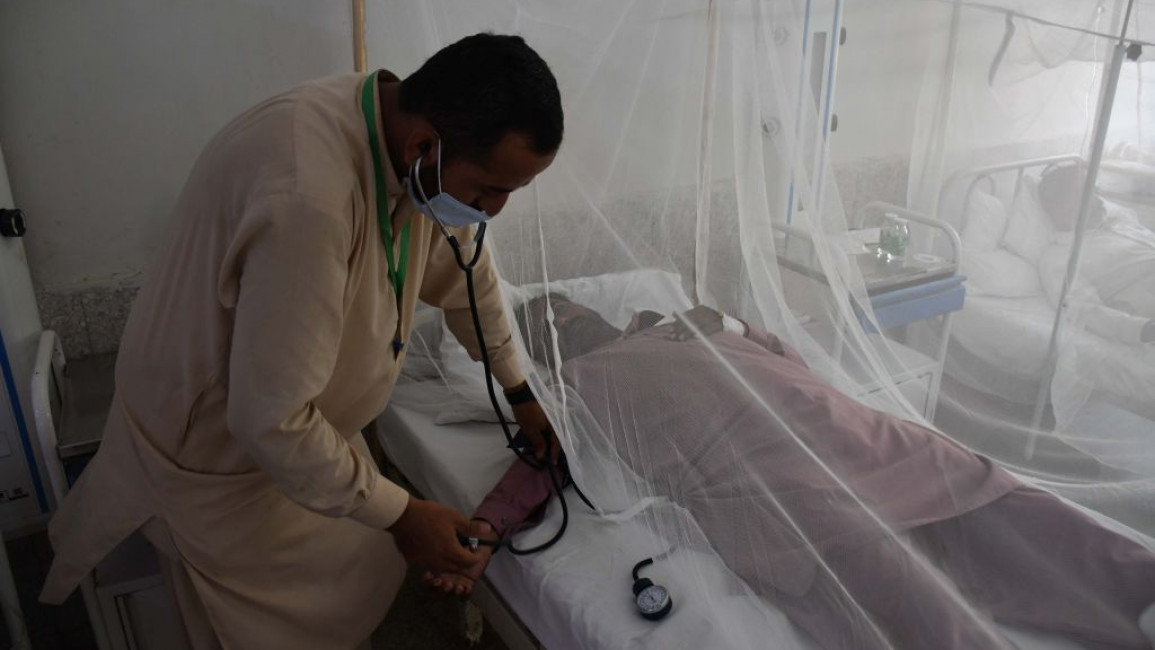Khyber Pakhtunkhwa has reported over 54,000 malaria cases in the last nine months, signifying a major public health crisis in the region.
Data from the provincial health department indicates a surge in cases, causing concern as several districts experience escalating incidents. Khyber is the hardest hit, with 10,000 cases, followed by Shangla and Battagram, which reported 6,000 and 3,000 cases, respectively.
Additional reports include 4,000 cases in Dera Ismail Khan and 2,000 in Tank and Karak. Lakki Marwat has also reported 3,000 cases this year.
Provincial Health Advisor Ehtisham Ali has responded to these alarming numbers with urgent directives to District Health Officers in the affected areas. He stressed the necessity of immediate action to mitigate the outbreak, particularly in the southern districts, citing climate change as a factor in the increasing prevalence of malaria.
The alarming statistics released by the health department since January highlight the crisis’s severity. The provincial government is urging swift interventions to contain the outbreak.
The health department has identified 13 high-risk districts, including Bannu, Tank, and Dera Ismail Khan.
Following the Health Advisor’s orders, a spray campaign has been launched in five districts, including Peshawar, Abbottabad, and Bannu. The campaign focuses on fogging and fumigation in identified hotspots and the use of mosquito nets across these districts.






